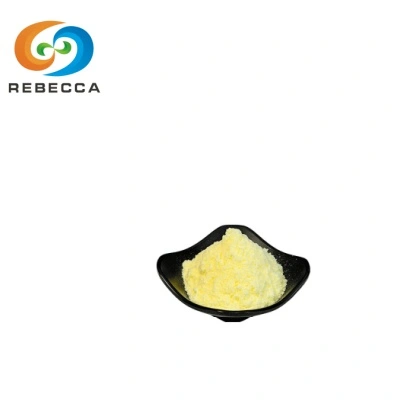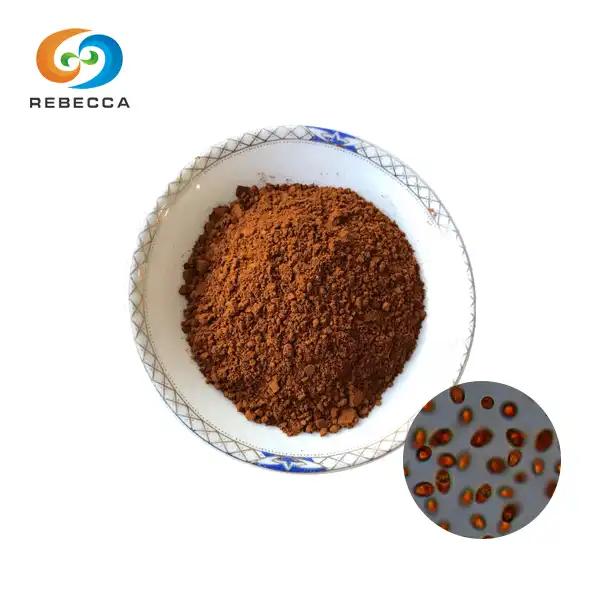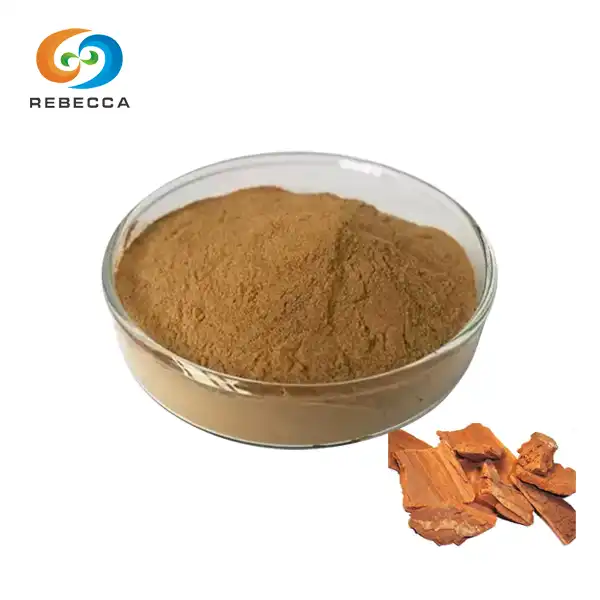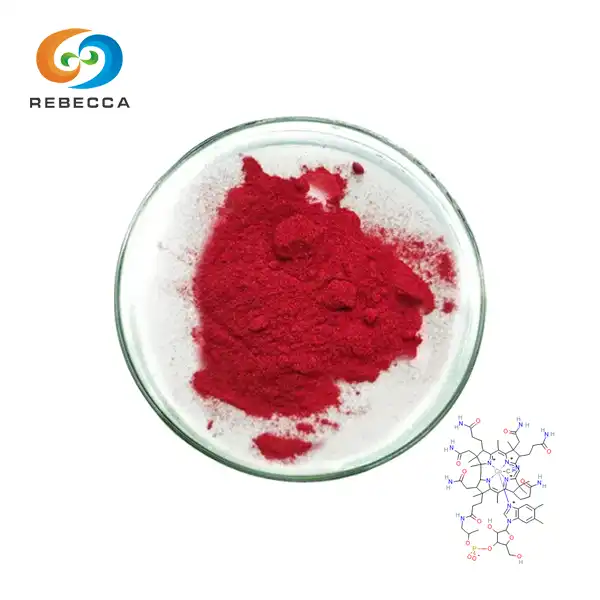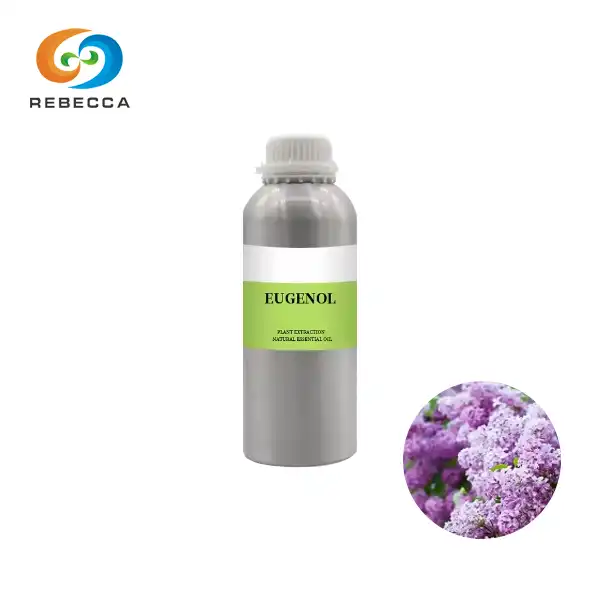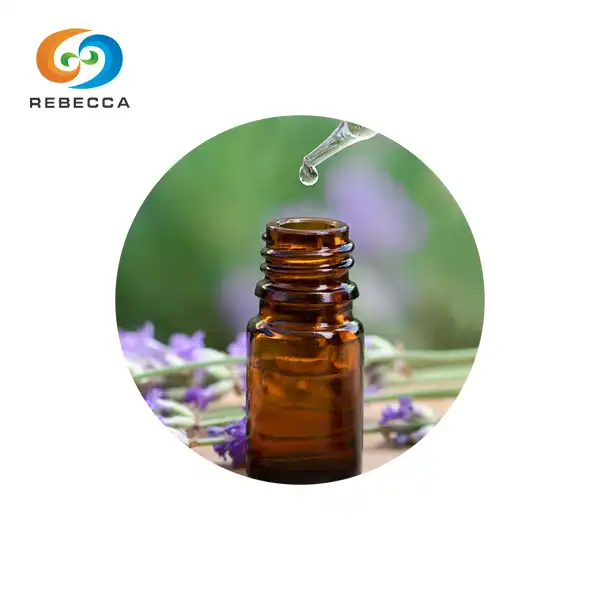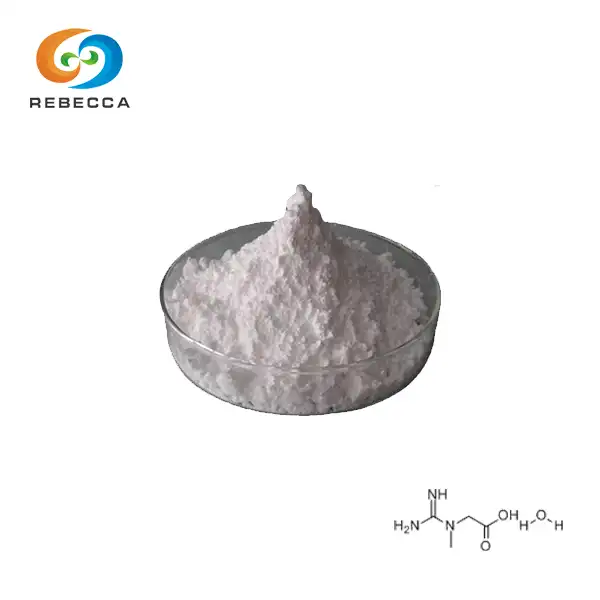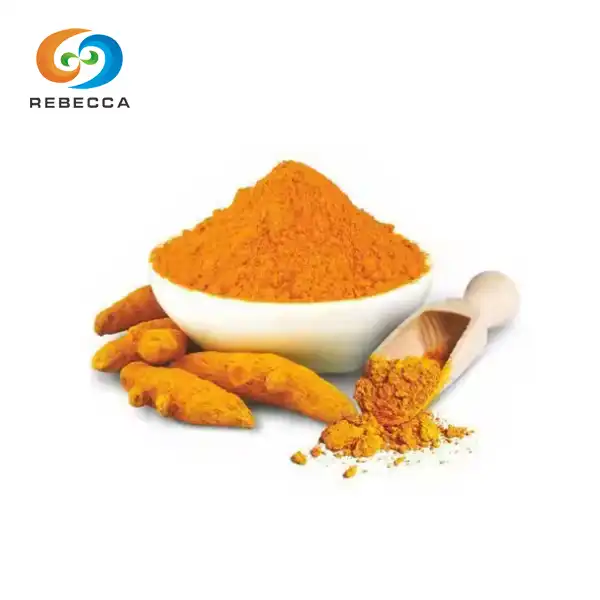Nicotinamide Mononucleotide Powder in the News
Nicotinamide Mononucleotide (NMN) powder has been making waves in the scientific community and health circles alike. This promising compound, a precursor to NAD+ (nicotinamide adenine dinucleotide), has garnered significant attention for its potential anti-aging properties and overall health benefits. As research progresses and public interest grows, Nicotinamide Mononucleotide Powder continues to be a hot topic in the news. Let's delve into the latest developments surrounding this fascinating supplement.

Recent Studies Highlighting NMN's Potential
The scientific community has been abuzz with new research exploring the vast potential of NMN powder. Several groundbreaking studies have shed light on its possible applications in various aspects of health and longevity.
A recent study published in the Journal of Molecular Biology explored NMN's impact on cellular energy metabolism. Researchers discovered that NMN supplementation significantly boosted mitochondrial function in aged mice, potentially reversing some aspects of age-related decline. This finding has sparked excitement about NMN's role in promoting healthy aging at the cellular level.
Another intriguing study, featured in Nature Communications, investigated NMN's effects on cognitive function. The research team found that NMN administration improved memory and learning capabilities in older mice, suggesting potential applications in combating age-related cognitive decline. These results have prompted further exploration into NMN's neuroprotective properties.
Additionally, a comprehensive review in Frontiers in Cell and Developmental Biology examined NMN's potential in cardiovascular health. The authors highlighted several studies demonstrating NMN's ability to improve heart function, reduce inflammation, and enhance blood flow in animal models. While human trials are still in their early stages, these findings provide a strong foundation for further research into Nicotinamide Mononucleotide Powder's cardiovascular benefits.

NMN in the Spotlight: What Experts Are Saying
As NMN powder continues to gain traction in scientific circles, experts from various fields have weighed in on its potential and current standing in the world of health and wellness.
Dr. David Sinclair, a renowned geneticist and longevity researcher at Harvard Medical School, has been a vocal proponent of NMN research. In a recent interview with a leading health magazine, Dr. Sinclair stated, "NMN represents a promising avenue in our quest to understand and potentially mitigate the aging process. While we're still in the early stages of human research, the preclinical data is incredibly encouraging."
Nutritionist and bestselling author Dr. Rhonda Patrick has also expressed optimism about NMN's potential. During a popular health podcast, she remarked, "The research surrounding NMN is fascinating. Its ability to boost NAD+ levels could have far-reaching implications for cellular health and longevity. However, it's crucial to approach this with cautious optimism and wait for more human studies."
Dr. Nir Barzilai, director of the Institute for Aging Research at Albert Einstein College of Medicine, offered a balanced perspective in a recent scientific symposium. He noted, "While Beta-Nicotinamide Mononucleotide (NMN) shows promise, we must be careful not to overhype its potential. We need more rigorous, long-term studies in humans to truly understand its effects and potential applications."

Future Trends in NMN Supplementation
As research on NMN powder progresses, several trends are emerging that could shape its future in the health and wellness landscape.
Personalized dosing strategies are gaining traction. Scientists are exploring how factors such as age, genetics, and overall health status might influence an individual's response to NMN supplementation. This could lead to more tailored approaches to NMN use, maximizing its potential benefits while minimizing any possible side effects.
Combination therapies are another area of growing interest. Researchers are investigating how NMN might synergize with other compounds known to support cellular health and longevity. For example, some studies are looking at the combined effects of NMN and resveratrol, another molecule associated with anti-aging properties.
Advanced delivery methods are also on the horizon. While Beta-Nicotinamide Mononucleotide (NMN) is currently the most common form of supplementation, scientists are exploring novel ways to enhance its bioavailability and efficacy. This includes liposomal formulations, time-release capsules, and even transdermal applications.
The regulatory landscape surrounding NMN is likely to evolve as well. As more research emerges, health authorities worldwide may reassess their stance on NMN as a dietary supplement or potential therapeutic agent. This could have significant implications for its availability and use in different countries.

Conclusion
Nicotinamide Mononucleotide powder continues to captivate researchers, health professionals, and the public alike. Its potential to influence cellular health, combat age-related decline, and promote overall well-being has placed it firmly in the spotlight of anti-aging research. While the current body of evidence is promising, it's crucial to approach NMN supplementation with informed caution.
As we await more comprehensive human studies, the future of NMN looks bright. From personalized dosing strategies to innovative delivery methods, the field is ripe with possibilities. Whether NMN will live up to its potential as a game-changer in health and longevity remains to be seen, but one thing is certain: it will continue to make headlines in the coming years.
For those interested in learning more about Nicotinamide Mononucleotide Powder and its potential applications, it's always best to consult with healthcare professionals and stay informed about the latest research developments. If you have any questions about NMN or other natural herbal extracts, please don't hesitate to reach out to us at information@sxrebecca.com.
References
1. Yoshino, J., Baur, J. A., & Imai, S. I. (2018). NAD+ intermediates: The biology and therapeutic potential of NMN and NR. Cell metabolism, 27(3), 513-528.
2. Mills, K. F., Yoshida, S., Stein, L. R., Grozio, A., Kubota, S., Sasaki, Y., ... & Imai, S. I. (2016). Long-term administration of nicotinamide mononucleotide mitigates age-associated physiological decline in mice. Cell metabolism, 24(6), 795-806.
3. Hong, W., Mo, F., Zhang, Z., Huang, M., & Wei, X. (2020). Nicotinamide mononucleotide: A promising molecule for therapy of diverse diseases by targeting NAD+ metabolism. Frontiers in cell and developmental biology, 8, 246.
4. Kiss, T., Balasubramanian, P., Valcarcel-Ares, M. N., Tarantini, S., Yabluchanskiy, A., Csipo, T., ... & Csiszar, A. (2019). Nicotinamide mononucleotide (NMN) treatment attenuates oxidative stress and rescues angiogenic capacity in aged cerebromicrovascular endothelial cells: a potential mechanism for the prevention of vascular cognitive impairment. GeroScience, 41(5), 619-630.
5. Rajman, L., Chwalek, K., & Sinclair, D. A. (2018). Therapeutic potential of NAD-boosting molecules: the in vivo evidence. Cell metabolism, 27(3), 529-547.
_1730691017423.webp)










